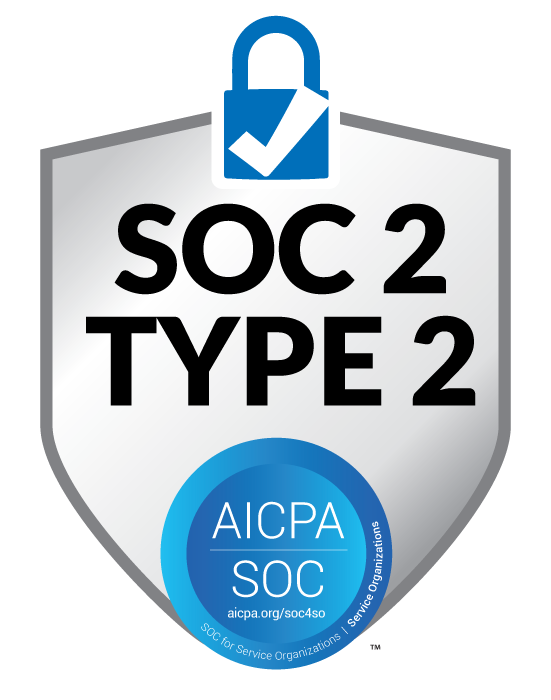Introduction
On July 3, 2024, Cloudflare, a cornerstone of internet infrastructure powering millions of websites, announced a groundbreaking policy to block AI bots by default [Cloudflare Blog]. This move positions Cloudflare as a gatekeeper in the escalating debate over how web data is used to train artificial intelligence (AI) models. With generative AI driving an unprecedented demand for content, concerns about unauthorized data scraping have surged. Content creators, from individual bloggers to major publishers, are increasingly vocal about their work being used without permission or compensation.
Cloudflare’s policy empowers website owners to control access to their content, potentially reshaping the dynamics between AI companies and the creators whose data fuels their models. This article explores the policy, its mechanics, its impact on stakeholders, and its broader implications for the future of web access and AI development.
What Cloudflare Announced
Cloudflare’s new feature, launched on July 3, 2024, allows all customers—including those on the free tier—to block AI bots, scrapers, and crawlers with a single click. Accessible via the Security > Bots section of the Cloudflare dashboard, the toggle labeled “AI Scrapers and Crawlers” blocks a range of known AI bots, such as Amazonbot, Applebot, ChatGPT-User, ClaudeBot, and others, as well as verified bots in categories like AI Assistant, AI Crawler, and Archiver (Cloudflare Docs). Notably,the policy spares verified bots in the Search Engine category, ensuring that traditional search engines like Google can continue indexing sites without disruption.
How the Policy Works
Who It Affects
The policy impacts a wide range of stakeholders, each facing unique opportunities and challenges:
1. AI Companies:
AI companies like OpenAI, Anthropic, and Perplexity, which rely on vast datasets to train large language models (LLMs), may face significant hurdles. With AI bots blocked by default across Cloudflare’s estimated 33 million customers, these companies could see reduced access to public web data. Some AI vendors, such as Google and OpenAI, allow website owners to block their bots via robots.txt, but not all scrapers respect these directives (TechCrunch). For instance, Perplexity has been accused of impersonating legitimate visitors to scrape content, highlighting the need for stronger measures (Cloudflare Blog). This policy could push AI companies to negotiate direct licensing deals, as Google did with Reddit for $60 million annually, or explore alternative data sources like synthetic data (Reuters).
2. Website Owners and Publishers:
Website owners and publishers gain unprecedented control over their content. The one-click blocking feature empowers even small sites, which often lack the resources to manage bot traffic manually, to prevent unauthorized scraping. This is particularly significant for creators like artists and bloggers, who have expressed concerns about their work being used without permission (X Post). For example, a Reddit user noted that enabling the feature blocked over 250,000 bot events in a single day on one site, demonstrating its effectiveness (Reddit).
3. Search and Discovery Models:
Traditional search engines like Google are unaffected, as their bots fall under the Search Engine category and are not blocked. However, newer AI-driven search models or RAG applications, which rely on real-time data retrieval, might be impacted if their bots are classified as AI crawlers. This distinction could create a divide between established search providers and emerging AI-driven discovery tools, potentially affecting their development and deployment.
Implications for the Future
Cloudflare’s policy could have profound effects on the web and AI development, reshaping how data is accessed and used:
AI Companies’ Responses
AI companies are likely to adapt in several ways:
- Direct Data Licensing: Following Google’s lead with Reddit, companies may negotiate deals with major content providers to secure legal access to data.
- Synthetic Data Generation: Investing in technologies that generate realistic training data without relying on web scraping could become a priority.
- Ethical Data Collection: Developing transparent bots that respect website owners’ wishes might help companies maintain access to data.
- Advanced Evasion Techniques: Some companies might attempt to evade detection, though this could lead to an arms race with bot detection technologies, potentially resulting in stricter policies.
Impact on Open-Source AI and Research
Analysis
Conclusion
Cloudflare’s AI bot blocking policy is a landmark decision that could redefine the relationship between content creators and AI companies. By prioritizing creator control, it addresses legitimate concerns about unauthorized data use while pushing for a more ethical approach to AI development. However, it also raises questions about the future of the open web and the accessibility of data for AI innovation. As the tech community navigates these changes, the policy marks the beginning of a critical dialogue about data rights, compensation, and the sustainability of AI-driven progress.
For more insights on how technology policy is shaping the future of AI and the web, subscribe to our newsletter or follow us on social media to stay updated on this evolving landscape.
About the Author

Aravind Balakrishnan
Aravind Balakrishnan is a seasoned Marketing Manager at lowtouch.ai, bringing years of experience in driving growth and fostering strategic partnerships. With a deep understanding of the AI landscape, He is dedicated to empowering enterprises by connecting them with innovative, private, no-code AI solutions that streamline operations and enhance efficiency.




